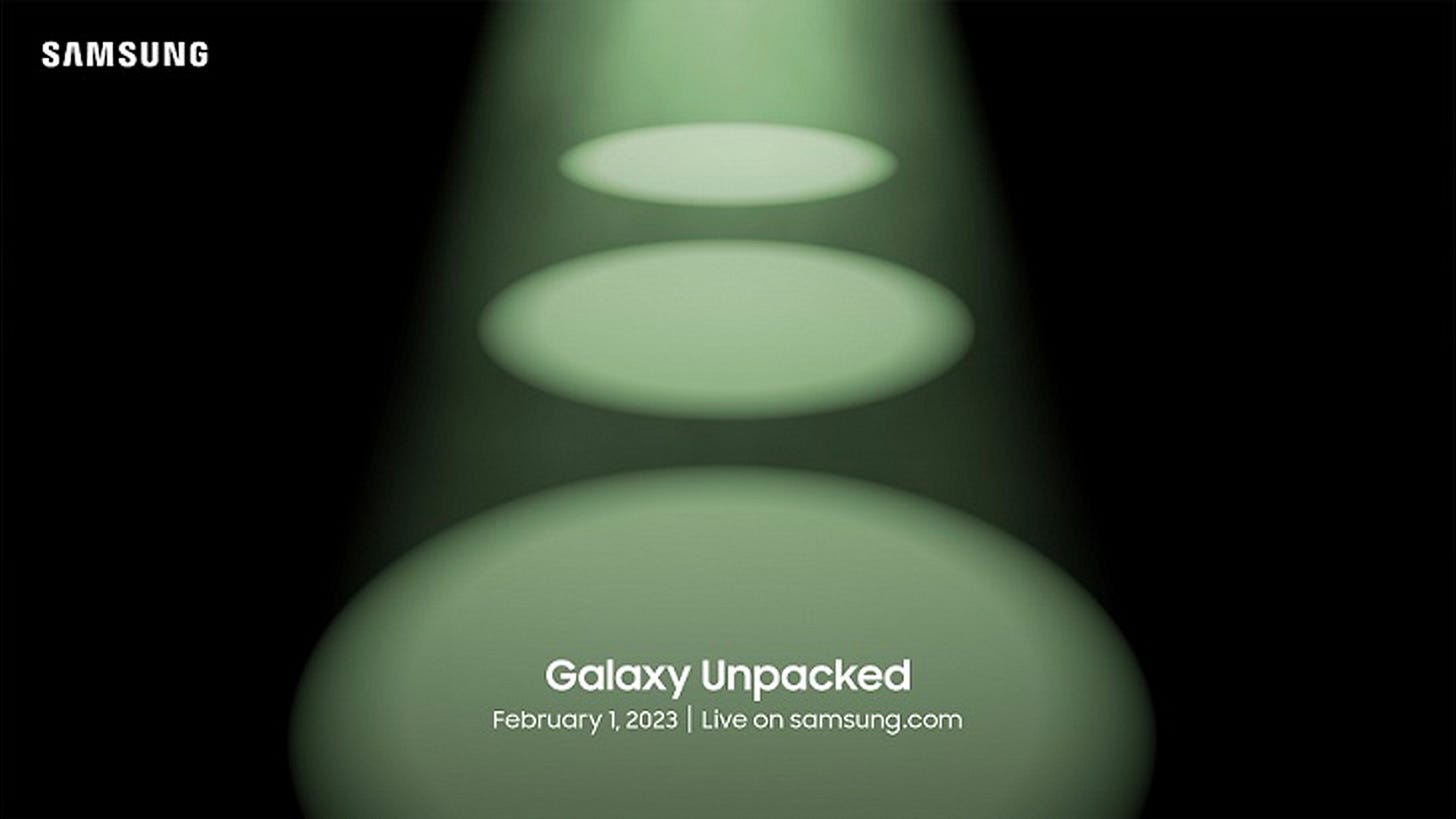Samsung Galaxy S23 price: leaked carrier specs show no price increase for the US
The alleged Verizon Samsung Galaxy S23 leak also sheds new light on release and storage details
➡️ The Shortcut Skinny: Song remains the same
💰 A Verizon specs leak reveals unchanged US pricing for the Galaxy S23
🤔 Pricing elsewhere likely to raise, similar to Apple’s iPhone 14 strategy
📦 The leak also shows a 128GB storage tier for Galaxy S23, not S23 Plus
🚦 I speculate Samsung is using slower storage for the base model to cut costs
It looks like Samsung is taking another page out of Apple’s book, if the newest Samsung Galaxy S23 pricing rumors are to be believed. In a post on reddit, user deviouslydevious44, who has no other apparent activity on the site, published an apparent specs sheet from Verizon, showing that the phones will see no new price hike for US customers. Galaxy S23 phones would start at $799.99 for the Galaxy S23, $999.99 for the S23 Plus and $1,199.99 for the S23 Ultra:
The sheet (which was first spotted by 9to5Google), if taken with other recent price rumors, suggests Samsung is following Apple’s lead in keeping prices down in at least one of its biggest markets, while raising prices elsewhere in the world. Yesterday, other pricing gossip centered around possible leaks of EU and Australian prices, as revealed by Slash Leaks.
For the latter leaks, if true, the phones will see price hikes in both regions, starting with a $100 premium for the base model Samsung Galaxy S23.
The page also gives us specifics about the Samsung Galaxy S23 announcement and subsequent release: the official reveal would happen at 1PM EST on February 1st at the expected Galaxy Unpacked event, with availability starting at 3:01AM EST on February 17. February 1 is also expected the Samsung Galaxy Book 3 Ultra release date.
Official as it looks, however, that the alleged official document was posted to Reddit by a user with no other posting history, we can’t guarantee its veracity without further corroboration. That said, many of the other details match those seen in yesterday’s Samsung Galaxy S23 specs sheet leak.
Storage updated
Unlike scuttlebutt about Samsung Galaxy S23 colors, which has largely seen consensus, storage for the Galaxy S23 series has been a moving target.
Alleged storage tier information we saw while covering leaked Galaxy S23 images strongly indicated the 128GB storage level would remain for the Samsung Galaxy S23 and S23 Plus, while it would be dropped for the S23 Ultra (prior shaky rumors about the Galaxy S23 said it would be gone entirely).
Today’s leak indicates that, while the 128GB storage tier will remain, it’ll only be found on the base model Galaxy S23, which apparently tops out at 256GB. The Galaxy S23 Plus would also have two tiers – 256GB and 512GB – while the Ultra gets three, starting at 256GB and ending at 1TB.
And now for some speculation
Update: A previous version of this section implied the 1TB storage level was not possible for Samsung’s phones before UFS 4.0 – that was incorrect, and has been fixed. It changes the context of this speculation, but there are still reasons it may be true, so I’ve left it in.
There’s an additional thing I hadn’t considered before now, but if current storage rumors are true, it’s possible Samsung will use two different storage protocols for the incoming Galaxy S23 phones.
Last year, Samsung announced its new UFS 4.0 storage standard, which significantly increased sequential read and write rates to 4,200MB/s and 2,800MB/s, respectively. While the company is almost certainly using that faster standard for most of the phones in its lineup, there’s a slight possibility it’s using slower storage in the base model phone. Large overstocks of NAND chips resulting from weakened demand, led to reduced pricing of existing chips, according to a July 2022 report from TrendForce.
Cheaper storage could incentivize Samsung to put the slower chips in its lowest-cost phone, which, though it sold almost as well as the Galaxy S22 Ultra, probably has a different demographic makeup in its user base that may not care about or notice the increased storage speed of UFS 4.0 chips.
Published: January 19, 2022
Updated: January 27, 2022




